Mozambique: Court orders release of 12 opposition supporters - AIM report
Mozambique: Renamo dissidents dismiss National Council meeting
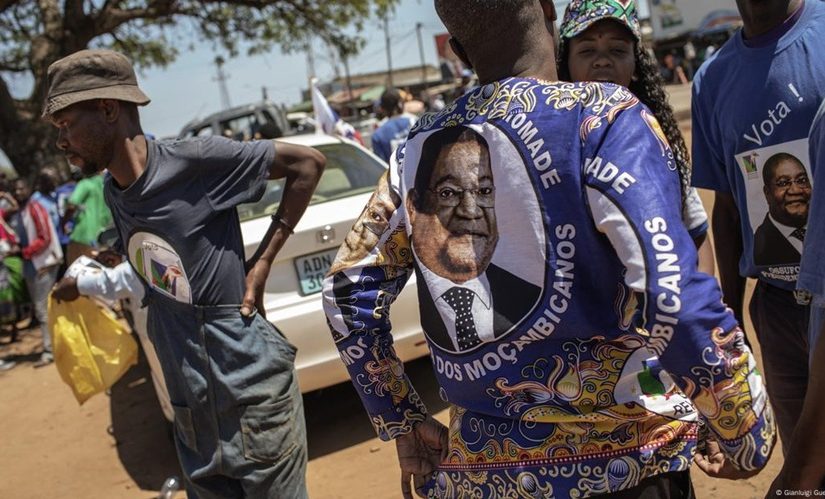
FILE - For illustration purposes only. [File photo: AFP/Gianluigi Guercia]
Men claiming to represent demobilised guerrillas from Mozambique’s former rebel movement Renamo have dismissed the meeting of the Renamo National Council, held last Thursday in the northern city of Nampula, since it did not produce the results they hoped for.
According to a report from the independent television station STV, the demobilised fighters claim that they had been excluded from the meeting and complained that it did not sack Renamo leader Ossufo Momade.
The one concession made by Momade is that he will not seek re-election as the party’s president at the next Renamo congress, which is not due until 2029.
Momade’s main trump in the battle over the Renamo leadership is that he can lay claim to democratic legitimacy. He was elected Renamo President at a Congress in 2019 and then re-elected at the ensuing Congress in 2024.
The Renamo dissidents now claim that they want “to re-unite the Renamo family” to discuss the future of the party which, in their view, demands the holding of an emergency congress.
Up until last week, the main demand of Momade’s opponents was for a meeting of the Renamo National Council. That meeting has been held, and since it did not produce the results they wanted, the dissidents intend to ignore it.
For months the dissidents have disrupted normal party activities, by occupying Renamo offices across the country. This did not force Momade’s resignation, and the dissidents now promise that they will leave those offices that they are still occupying.
It is not known how many demobilised fighters the dissidents represent, or how they have been paying for their activities.
Momade has been blamed for Renamo’s poor showing in last year’s presidential and parliamentary elections. In the presidential election, Momade himself slipped from second to third position, and the Renamo parliamentary group lost more than half its seats.
Before the elections, there were 60 Renamo members of parliament, and now there are just 32.
It seems far-fetched to blame Momade alone for this disaster. At the 2024 Congress, Renamo could have elected a different leader but failed to do so.
Before the Congress it could have supported Venâncio Mondlane, who, eventually running as an independent, became the runner-up in the Presidential election.
Opposition to Mondlane went well beyond Momade and his immediate circle. Although he was still a member of Renamo at the time, Mondlane was not even allowed to attend the party congress, held in the central municipality of Alto Molocue.
Shortly after the congress, Mondlane resigned from Renamo and had no difficulty in collecting enough signatures from registered voters to mount his own presidential campaign. Excluding Mondlane was a collective act of suicide by the Renamo leadership which cannot be blamed solely on Momade.
By tearing itself apart, Renamo is destroying the advantages it used to enjoy as the second most-voted party. Parliamentary parties enjoy subsidies from the state budget in proportion to the number of seats they hold – the collapse in Renamo support means that its state subsidy has been almost halved. Without the generous state subsidy, it will be difficult for Renamo to maintain all its provincial and district delegations.
Momade has lost his position as leader of the opposition in parliament to Albano Forquilha, head of the Optimistic Party for the Development of Mozambique (Podemos), which is now the second largest party in the Mozambican parliament.



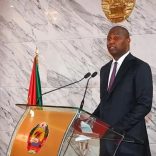
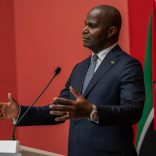
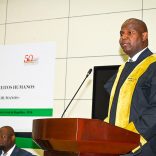
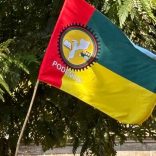





Leave a Reply
Be the First to Comment!
You must be logged in to post a comment.
You must be logged in to post a comment.